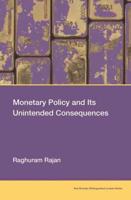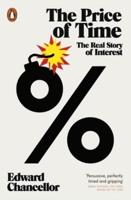Publisher's Synopsis
The book examines monetary policy frameworks in emerging markets, focusing on central bank independence, the monetary policy strategy, and the exchange rate regime. The research applies quantitative empirical analysis and in-depth case studies on Egypt, Jordan and Lebanon. The empirical analysis investigats: the phenomenon of 'fear of floating' and the correlation between exchange rate and macroeconomic volatility; the degree of monetary policy independence in emerging markets in the context of their increased integration in the global economic system; and the degree of central bank independence and how it influences both 'fear of floating' and monetary policy independence. The results highlight the impact of central bank independence on the other aspects of the monetary framework, as it mitigates fear of floating and contributes to increased monetary policy independence of world interest rates in emerging markets. The conclusions that emerge from the cases suggest that central bank independence is critical in achieving exchange rate and price stability and point to the benefits of proactively managing the exchange rate regime.








